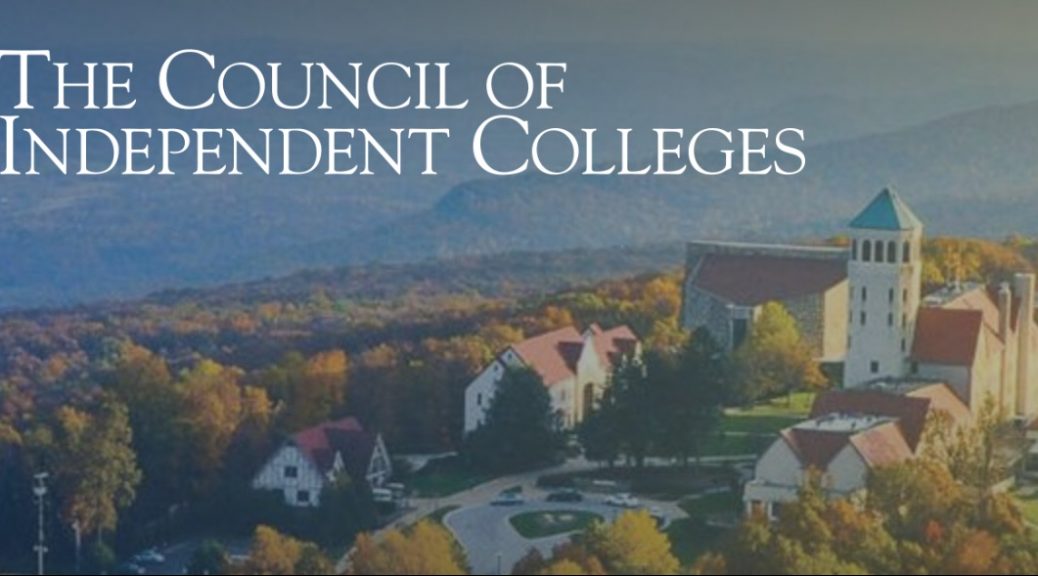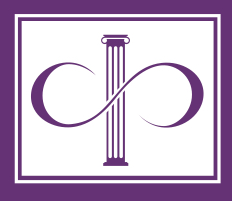There is currently only NEH grant that specifically requires undergraduate research: the Humanities Connections Grant (there are two versions: planning and implementation). Inaugurated in 2016, Humanities Connections grants support collaborative curricular projects and programs involving different departments at the same institution. They also must “incorporate meaningful student engagement activities such as undergraduate research projects.” Applications are due in the fall. If you’re thinking about a grant, you might appreciate these insights from CURAH councilor Amy Woodbury Tease (Norwich University) about her current grant: Developing an Interdisciplinary Curriculum to Foster Citizen Scholars. Woodbury Tease is one of three CURAH councilors with a Humanities Connections Grant. M. Soledad Caballero and Cheryl Nixon are also overseeing projects.
What exactly is the project?
Norwich University is the oldest Senior Military College in the U.S. Woodbury Tease (English) and her co-director, Brian Glenney (Philosophy) were awarded a Humanities Connections Planning Grant to create the Norwich Humanities Initiative (NHI). Along with a team that includes faculty from the Colleges of Liberal Arts, Science and Mathematics, and Professional Schools, they are in the process of designing a deeply interdisciplinary team-taught curriculum around the theme of resilience, a curriculum that will embed research as well as experiential and service learning. Specifically, in the coming academic year, to align with Norwich’s 200th Anniversary, the NHI will sponsor three pilot courses co-designed and taught by faculty both in the humanities and in STEM and professional fields.
How did the idea for the grant arise?
“A few years ago I co-taught an interdisciplinary course on Literature and Criminal Justice for our Honors Program,” Woodbury Tease said. “It was an amazing experience, but one that is limited at NU as team-teaching has not been integrated into the curriculum. When I heard about this grant at CUR Dialogues, I thought it would be the perfect way to begin a conversation about institutional support for team-teaching and also a way to increase the visibility of the Humanities at Norwich.”
How does the Norwich grant involve undergraduate research?
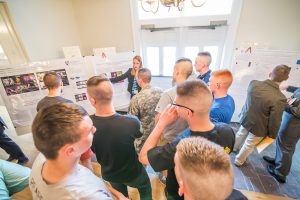 According to Woodbury Tease, undergraduate research will be a featured part of the courses offered within the NHI. “All courses must have an undergraduate research component that ideally will be integral to the course” she said. She also stresses the integration of research with experiential and service learning. The project will also involve public dissemination of research results. “Service and experiential learning is encouraged, and we plan to hold a symposium for the initiative after the pilot to showcase the research completed in the courses and also to build a foundational cohort of students and faculty who can serve as ambassadors for the initiative as it moves forward.”
According to Woodbury Tease, undergraduate research will be a featured part of the courses offered within the NHI. “All courses must have an undergraduate research component that ideally will be integral to the course” she said. She also stresses the integration of research with experiential and service learning. The project will also involve public dissemination of research results. “Service and experiential learning is encouraged, and we plan to hold a symposium for the initiative after the pilot to showcase the research completed in the courses and also to build a foundational cohort of students and faculty who can serve as ambassadors for the initiative as it moves forward.”
What exactly are the “connections” in this Connections grant?
The connections are the interdisciplinary links in the courses. Proposed Norwich courses so far combine Philosophy with Neuroscience, Nursing with Creative Writing, Literature with Computer Science, History with Architecture, and English with Museum Studies.
What should you think about if are you are considering a proposal or developing one right now?
Woodbury Tease suggests that team building and consultation are the keys to a successful proposal. “The NEH has an amazing group of people available to review a draft of your proposal and provide feedback,” she said. “I would highly recommend reaching out to them well in advance of the deadline and setting aside ample time for revision. I would also recommend gathering a team together with different skill sets so you can demonstrate not only a range of disciplinary investment, but also emphasize how the different team members will complement one another. Finally, getting institutional buy-in and letters from the President, Provost, Deans, Chairs, etc; will demonstrate that you are working on something that the university supports and wants to sustain beyond the grant period.” After the Norwich team received their grant, the most challenging part of the process has been conveying their vision of the initiative to the faculty to encourage their investment and participation in course design and promotion. So clear messaging and good press are an essential part of the overall planning.
Do you have an NEH Humanities Connections grant? Let others know about your experiences by making a comment below.
Feature photo above: Sean Michael McCrystal presents a project at Norwich University. Photo by Mark Collier.






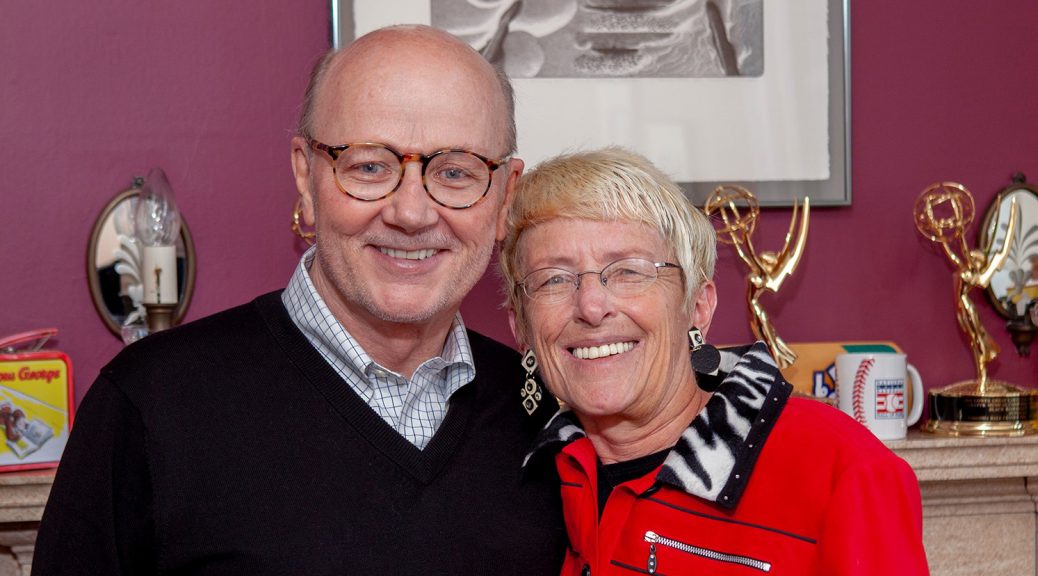

 Opportunities for undergraduates to present alongside faculty are rare in the humanities, but the Humanities Education and Research Association (
Opportunities for undergraduates to present alongside faculty are rare in the humanities, but the Humanities Education and Research Association (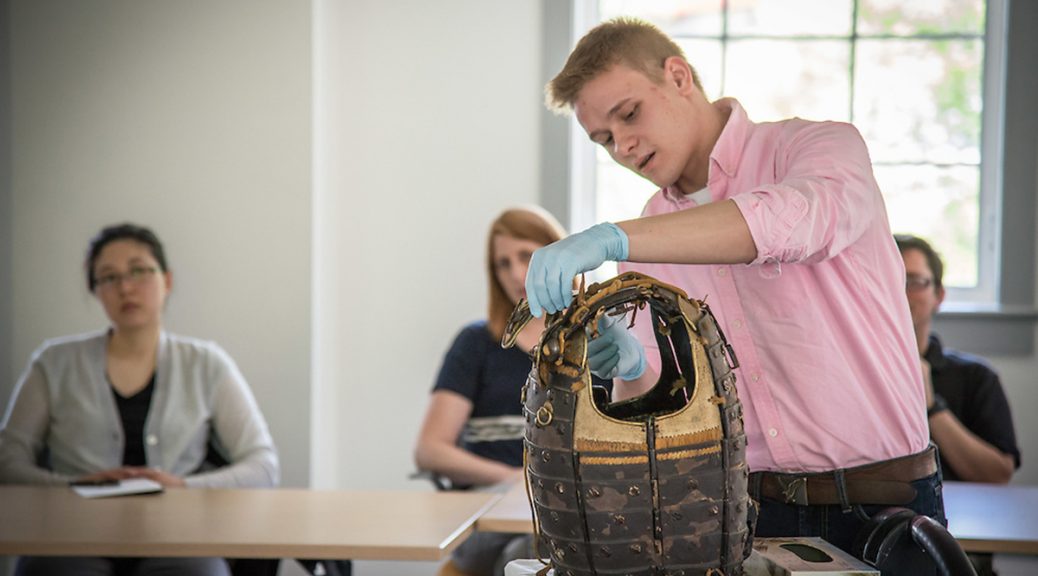
 According to Woodbury Tease, undergraduate research will be a featured part of the courses offered within the NHI. “All courses must have an undergraduate research component that ideally will be integral to the course” she said. She also stresses the integration of research with experiential and service learning. The project will also involve public dissemination of research results. “Service and experiential learning is encouraged, and we plan to hold a symposium for the initiative after the pilot to showcase the research completed in the courses and also to build a foundational cohort of students and faculty who can serve as ambassadors for the initiative as it moves forward.”
According to Woodbury Tease, undergraduate research will be a featured part of the courses offered within the NHI. “All courses must have an undergraduate research component that ideally will be integral to the course” she said. She also stresses the integration of research with experiential and service learning. The project will also involve public dissemination of research results. “Service and experiential learning is encouraged, and we plan to hold a symposium for the initiative after the pilot to showcase the research completed in the courses and also to build a foundational cohort of students and faculty who can serve as ambassadors for the initiative as it moves forward.”